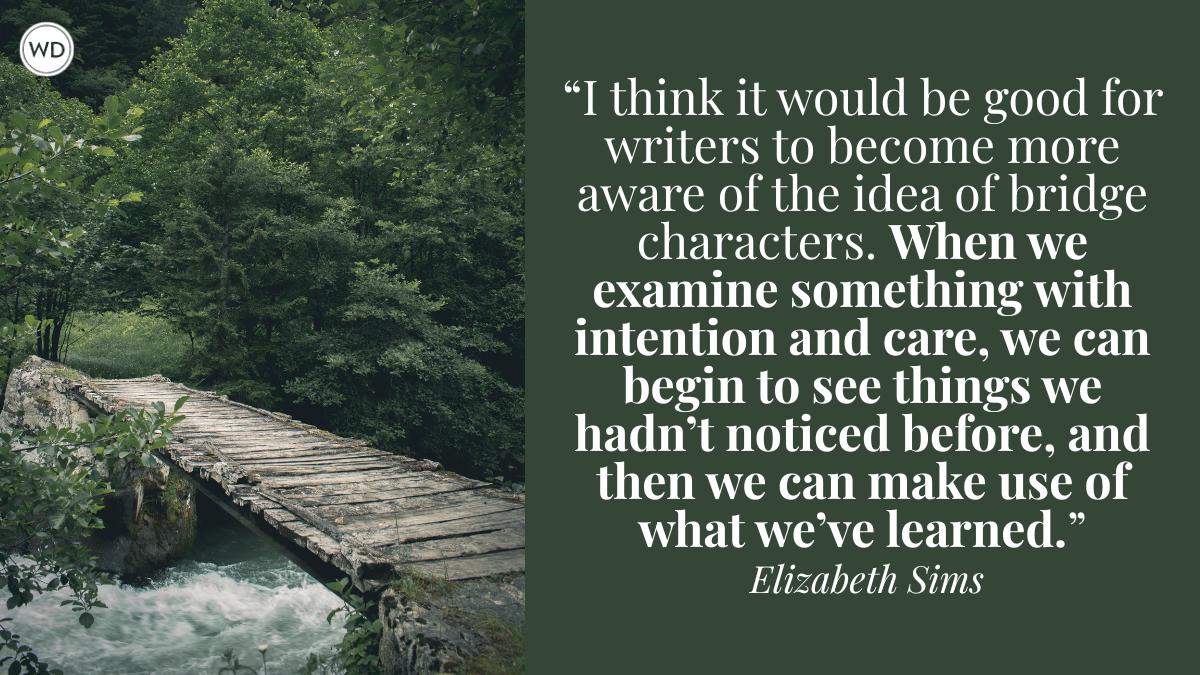Navigating the Emotional Impact of Writing Vulnerable Content
Deanna Martinez-Bey explores the impact of writing vulnerable content, sharing tips for protecting your emotional health and more.
Writing is powerful. For many, it's a way to share stories, express emotions, and connect with others. But when the subject matter is deeply personal or sensitive, the process can take an emotional toll.
Writers often find themselves revisiting difficult experiences, and while this can be a healing process, it can also feel draining. With the right tools, it's possible to protect one's emotional health while still creating meaningful and vulnerable content.
Why Writing Vulnerable Content Hits Different
When writers dig into personal stories, they're not just crafting words on a page—they're reliving emotions. This can stir up old wounds or trigger feelings of self-doubt. Vulnerable writing can feel like standing on a stage with a spotlight, revealing pieces of the self that are usually kept private.
4 Tips for Protecting Emotional Health
Take Breaks
It's tempting to push through and "get it all out," but emotional writing is different from casual journaling or fiction. Writers can benefit from setting timers and stepping away to reset their focus. Even a short walk, a stretch, or making a cup of tea can give the brain space to recover.
Create Safe Boundaries
Not everything needs to be shared. Writers can decide which parts of their story remain private. Setting boundaries on the page helps keep control and reduces feelings of overexposure.
Use Support Systems
Sharing drafts with a trusted friend, writing group, or therapist can help lighten the load. Having someone affirm the work or listen makes the process less isolating.
Practice Self-Care After Writing
Just as athletes cool down after training, writers should take time to recharge. This might look like meditation, reading something light, or engaging in a hobby that brings you joy.
3 Helpful Strategies for Writing Sensitive Topics
- Write in layers. Start with rough notes or bullet points before diving deep. This eases the emotional weight.
- Reframe the story. Looking at events from a storyteller's perspective, rather than reliving them as a participant, can create a sense of distance.
- Set writing rituals. Lighting a candle, playing calming music, or journaling beforehand can signal safety to the mind.
The Balance Between Healing and Sharing
For many writers, sharing vulnerable stories can be healing—not just for themselves but for readers who feel less alone because of it. The key is balance. By pacing themselves, honoring their emotions, and employing grounding techniques, writers can transform challenging experiences into powerful pieces without compromising their own well-being.
6 Grounding Techniques
Grounding techniques are simple practices that help writers stay present and calm when emotions feel overwhelming. Here are a few to try:
- Take a few deep breaths – slow inhales and exhales can instantly calm the nervous system.
- Notice five things around you – naming what you see helps bring focus back to the present.
- Plant your feet on the ground – feel the support beneath you and reconnect with your body.
- Step outside for a quick walk – moving around can reset your energy.
- Sip something warm – tea, coffee, or cocoa can be soothing and create a mindful pause.
- Write something lighthearted – jot down a silly thought or a gratitude note before returning to heavier topics.
Vulnerable writing is brave work. It requires courage, honesty, and compassion. Through healthy boundaries, writers can navigate the emotional impact of their stories while maintaining their safety, support, and strength.
Deanna Martinez-Bey is an author, social media manager, copy editor, and freelance writer. With 18 published books under her belt and articles published in multiple magazines and online, Deanna surrounds herself with books and writing on many levels. She believes that people bond over good food and books! Follow her on Amazon: Amazon Author Page









